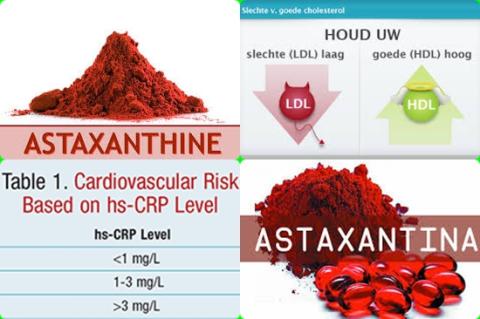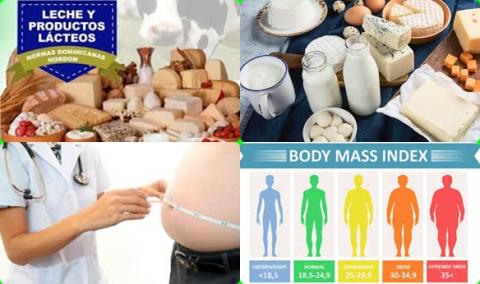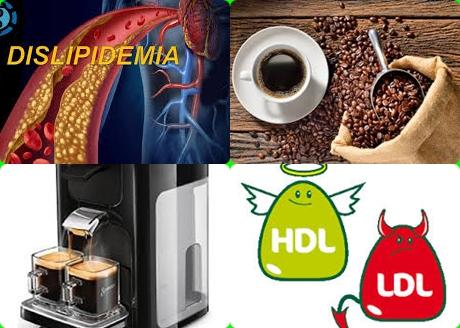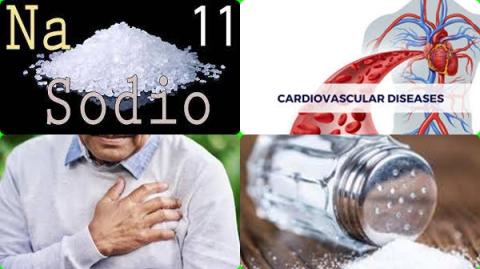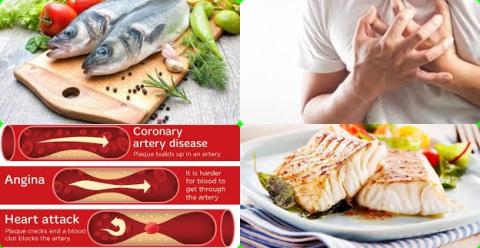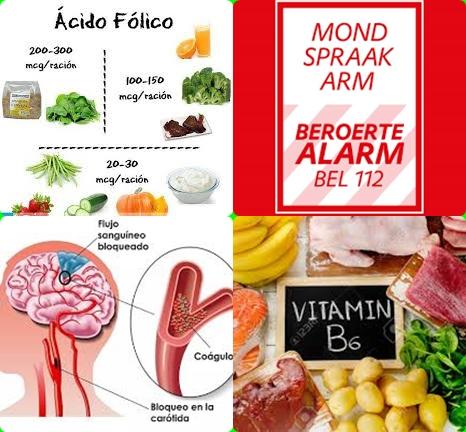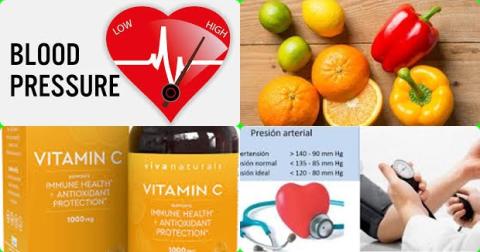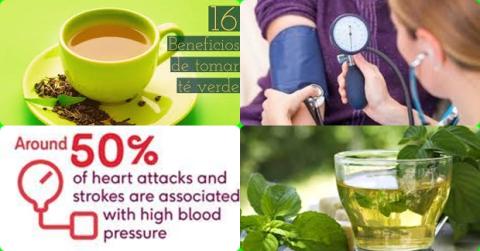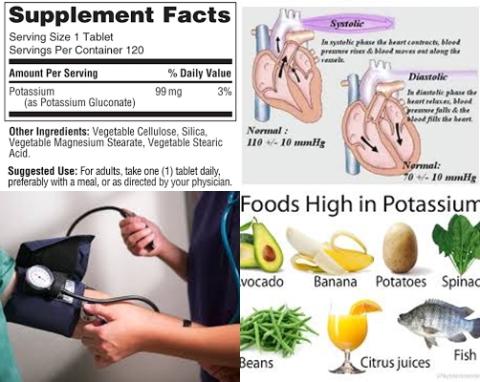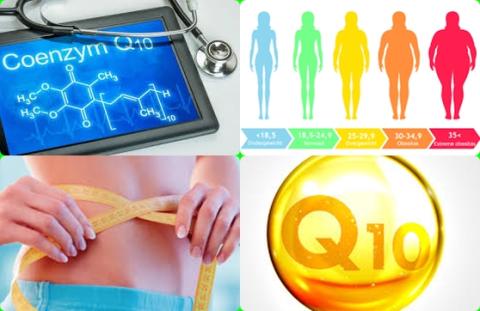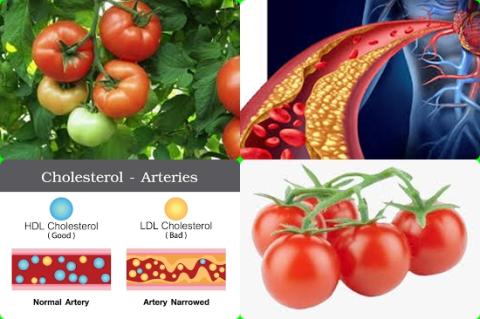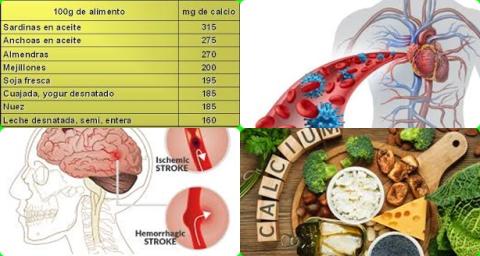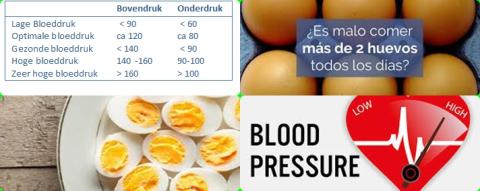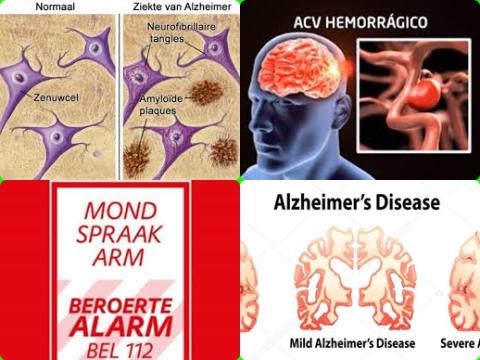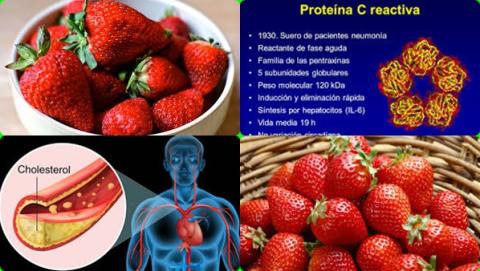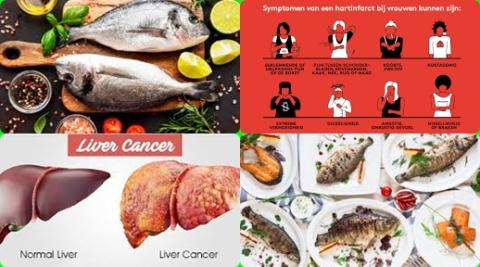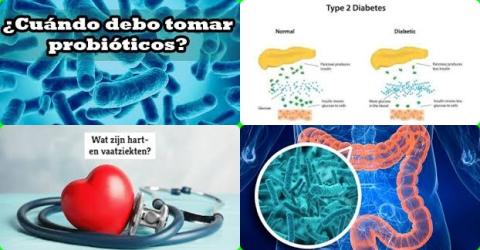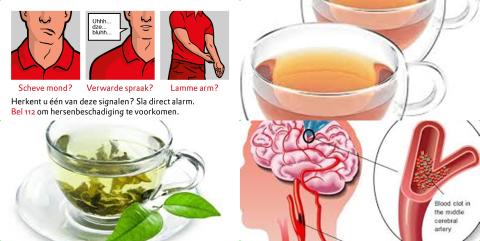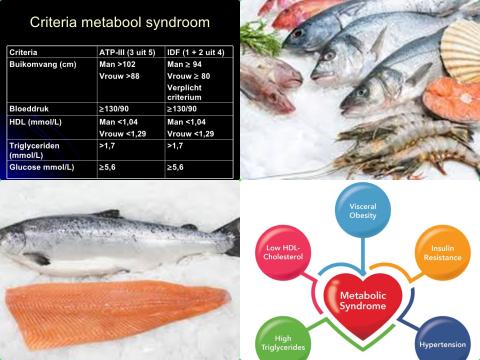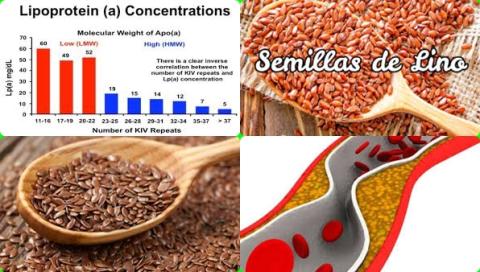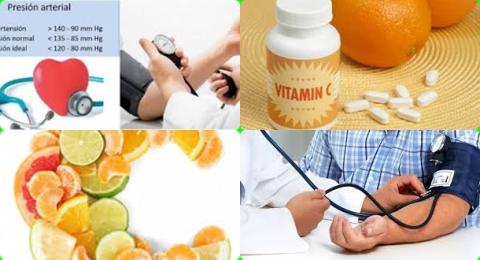1-mg/day dietary heme iron intake increase cardiovascular disease mortality
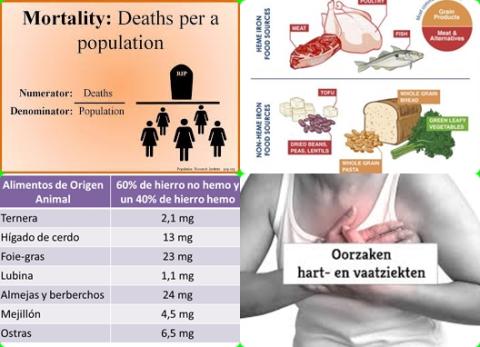
Objectives:
Many studies have investigated the association between dietary iron intake and death due to cardiovascular disease (CVD), but the results were inconsistent. Therefore, this review article has been conducted.
Does dietary iron intake increase risk of death due to cardiovascular disease (cardiovascular disease mortality)?
Study design:
This review article included 19 prospective cohort studies including 720,427 participants (46,045 deaths due to cardiovascular disease).
Results and conclusions:
The investigators found when comparing the highest versus lowest level, the highest level of dietary heme iron intake significantly increased risk of death due to cardiovascular disease with 19% [pooled RR = 1.19, 95% CI = 1.01-1.39].
The investigators found every 1-mg/day increase in dietary heme iron intake significantly increased risk of death due to cardiovascular disease with 25% [pooled RR = 1.25, 95% CI = 1.17-1.33].
The investigators found every 1-mg/day increase in dietary heme iron intake significantly increased risk of death due to stroke with 17% [pooled RR = 1.17, 95% CI = 1.04-1.32].
The investigators found the association between dietary iron intake and cardiovascular disease mortality was linear [p nonlinearity > 0.05].
The investigators concluded higher dietary intake of heme iron (at least 1-mg/day) is associated with a greater risk of cardiovascular disease mortality. Therefore, reducing consumption of heme iron may help to prevent premature death due to cardiovascular disease.
Original title:
Dietary iron intake and risk of death due to cardiovascular diseases: A systematic review and dose-response meta-analysis of prospective cohort studies by Han M, Guan L, […], Lu J.
Link:
https://pubmed.ncbi.nlm.nih.gov/32674239/
Additional information of El Mondo:
Find more information/studies on significant/cohort studies, iron consumption and cardiovascular disease right here.
Food items of heme iron are:
- Beef or chicken liver
- Beef
- Canned light tuna
- Canned sardines
- Organ meats
- Oysters, clams, mussels
- Poultry
